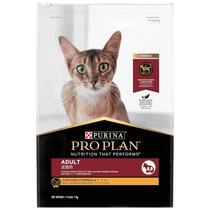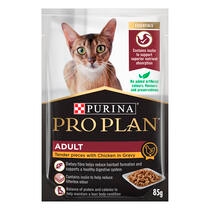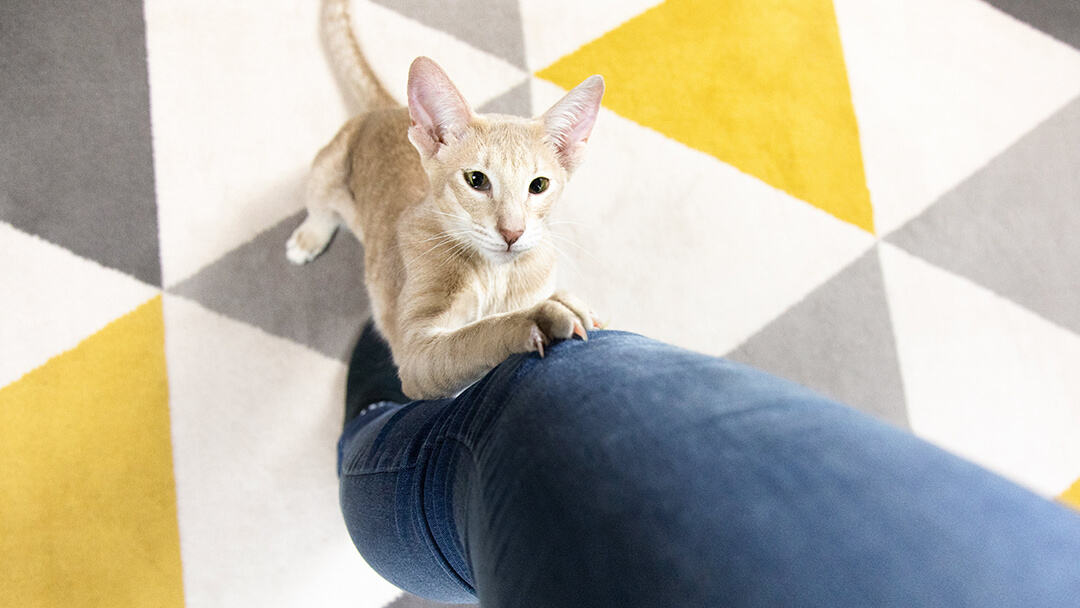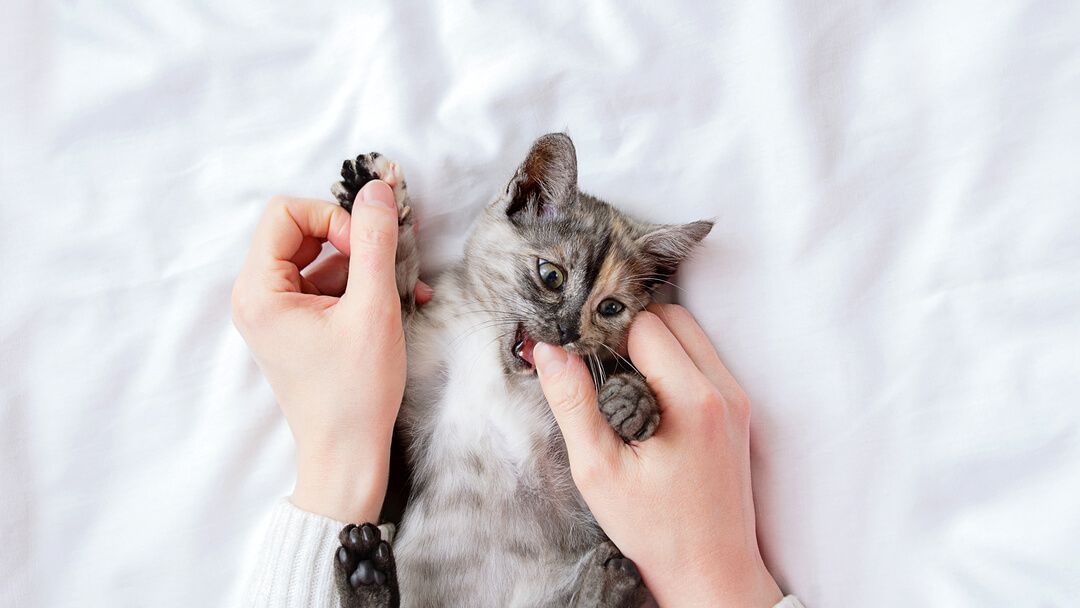

A cat flap can be a confusing addition to a home. If your cat is used to you opening the door for them when they meow or simply jumping in (or out) of the house through a window, the cat flap will be strange to them at first. It may take some time to get used to and they can even be hesitant to use it!
The good news is that you can teach your cat to take full advantage of the cat flap. This article will explore how to train a cat to use a cat flap and overcome some of the usual problems you face during the initial stages.
Familiarising your cat with the cat flap
For your cat to be comfortable using the cat flap, they have to be comfortable with the device itself. Here are some ways to introduce your cat to the flap:
1. Show them how it works, before installation
Introduce your cat to the flap before you install it. They can get used to the shape and size, as well as explore the flap from all angles. Show them how the door moves both ways and, if they are willing, let them climb through. This may go a long way training your cat to use a cat flap.
2. Prop the cat flap open
If the cat flap is already installed, prop it open for the first few weeks. This is an easy way to show your cat that it is a door to the outside world. They will be far less hesitant to use it if they can see the garden or the house interior when coming in.
3. Rub their scent on it
Some cats dislike cat flaps because they see it as a foreign object. You can help them become more familiar with the flap by rubbing their scent on it. This will make them more comfortable with the device.
How to train your cat to use a cat flap
An easy way to teach your cat to use a cat flap is to lure them through it using treats. The trick is for the cat to move in and out of the cat flap with ease. For this, you need to show them that this movement is easily achieved.
- Keep a number of your cat’s treats to hand. Your cat should be on one side of the cat flap (indoors) and you on the other. Keep the flap open so that your cat can see you.
- Show your cat the treat you’re holding and encourage them to come get it.
- If they don’t move, extend your hand through the cat flap (still keep the flap open) until they can smell the treat. Once your cat moves to get their reward, pull your hand slowly back so that they have to come through the flap to get the treat.
- Praise them when this happens and give them more treats. This is an important step in training your cat to use a cat flap, as it reinforces the desirable behaviour.
- Do the same process with the treat but from the other side, enticing the cat back into the house.
- Once your cat is happy jumping in and out of an open cat flap, repeat this process with the cat flap half-closed and only your hand poking through. This will teach the cat to push the cat flap open by themselves.
You need to patient when training your cat to use a cat flap. Do not force your cat through the flap at any stage in the process; this may upset them and put them off using the cat flap.
Treats are usually the way to any cat’s heart, even a stubborn one, so this is a foolproof method for getting your cat to love their kitty door.
Is the cat flap the right fit?
If your cat still seems hesitant to use the cat flap, consider if the design is right for them. Shape, height and position play a big role in teaching your cat to use a cat flap. Here are some factors to consider when choosing and installing a flap.
Height
Usually, cat flaps are installed 15cm from the floor. A good way to ensure it is at the right height for your cat is to measure the distance between your cat’s belly and the floor.
Noise
Some cat flaps can make a lot of noise when they swing open and shut, and cats can be sensitive to this. If your cat seems anxious about the noise, take time to get them used to it. Open and close the flap in their presence and reward them when they seem relaxed. If they grow anxious, open and close it more slowly so that the noise is not so much. Do this until they are familiar with the sound.
Position
Cats don’t like entering large open spaces, as it makes them feel vulnerable. If your cat flap opens into an exposed patch of garden, your cat may be more hesitant to use it. Try and keep the path immediately outside the cat flap as sheltered as possible.
Smart and magnetic cat flaps
Some cat flaps are fitted with smart technology, opening in response to a chip in your cat’s collar. This allows your cat to enter and leave, but no other cats can use the same cat flap. If you’re buying a smart cat flap, it should be correctly programmed to your cat’s collar before installation.
There are also magnetic cat flaps, which click to their frames with magnets.
This means that your cat will be able to push through, but smaller animals won’t have the strength to get past. This is good for people who have other small animals in the house and don’t want them getting out.
However, bear in mind that it can be trickier to train your cat to use a magnetic cat flap. The magnets can be too strong and your cat may not use the flap because it takes too much effort to push through. Try covering the magnets in tape to reduce their intensity and make it easier for your cat.
Featured products
Related articles
















